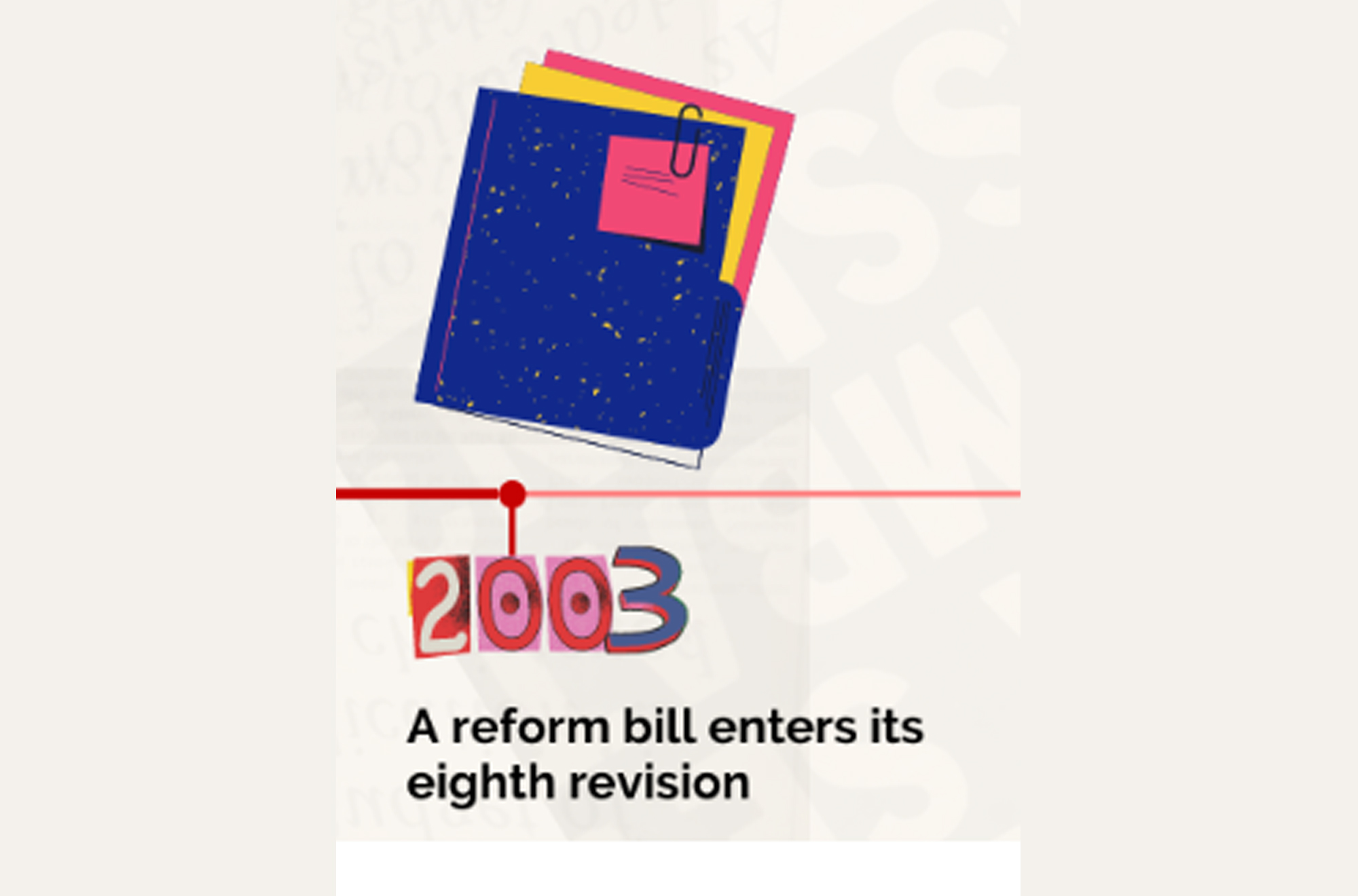
Abortion dates back to ancient Egypt, making it one of the oldest known medical practices. We know this because the Egyptian pharaohs preserved all their medical techniques in the Ebers Papyrus of 1550 B.C. Abortion is now a safe and modern process thanks to technological advances. Yet thousands of African women die, and millions suffer disabilities, from botched abortions administered by unskilled individuals annually. About 93% of African women aged 20 to 45 live under restrictive abortion laws. Even in African countries with more liberal laws, a safe, legal procedure is difficult to access.
Ten countries – Angola, Congo-Brazzaville, Congo-Kinshasa, Egypt, Gabon, Guinea Bissau, Madagascar, Mauritania, São Tomé and Príncipe, and Senegal – do not permit abortions for any reason. Zambia allows abortions for health and socioeconomic reasons (but there are too few willing providers). Only Cape Verde, South Africa and Tunisia are more liberal, but mostly for first trimester abortions only. Nigeria is “one of the rest”.
In the south of Nigeria, under the Criminal Code of 1990, abortion is a felony punishable by 14 (doctor), 7 (patient) or 3 (drug seller) years of imprisonment (sections 228, 229, and 230 respectively). In the north of Nigeria the Penal Code (1960) (sections 232, 233, and 234) give “saving the woman’s life” as a legal reason for abortion. Otherwise, perpetrators are to be imprisoned and/or fined, successful or not.
Since 1960, there have been both societal attacks on abortion and movements to liberalise the laws. Here’s a timeline starting with 1960 when abortion was criminalised in the north in the Penal Code:
- 1963 – The first Code of Medical Ethics, based on the Hippocratic Oath (do no harm) mentions abortion.
- 1972 – Nigerian Medical Association (NMA) makes the first recorded attempt to reform the abortion laws but does not succeed.
- 1975 – National Population Council (NPC) advocates for the health and welfare of women through access to “safe and legal” abortion, proving ineffectual as well.
- 1976 – NMA and Society of Gynecologists and Obstetricians of Nigeria (SOGON) support the NPC’s movement. The Minister of Health, Kafuru Tinubu, gives a speech at the annual SOGON convention, saying that a national reform of abortion laws is possible. Nothing changes.
- 1981 – Termination of Pregnancy Bill – SOGON pushes a Termination of Pregnancy Bill to the National Assembly. It permits abortion if two physicians certify that the pregnancy is harmful to the mother or her other children, or if the fetus has abnormalities. The National Council of Women’s Societies opposes the bill because they think teaching family planning and opposing extramarital sex are more important. There is also overwhelming opposition from religious groups. The bill falls in 1982
- 1990 – The revised Criminal Code omits “saving the woman’s life” as a legal reason for abortion.
- 1991 – The Campaign Against Unwanted Pregnancy (CAUP) is set up in August, to defend the sexual and reproductive rights of Nigerian women, eliminate unsafe abortion and teach public health.
- 1992 – CAUP meets the Minister of Health and the NMA president to develop law reform but it is rejected.
- 1997 – CAUP sets up the Action Group for Adolescent Health (AGAH), training medical students to educate the general public on sexual and reproductive health.
- 1998 – The Women’s Health Research Network of Nigeria is set up to bring all relevant groups together to advocate for women’s health.
- 1999 – CAUP starts a five-year advocacy plan, giving workshops and lectures, funded by the MacArthur Foundation.
- 2003 – CAUP draws up its 8th iteration of a reformed abortion law.
- 2012 – In Imo State, the governor amends the Violence against Persons Bill to permit abortion on grounds of rape and incest. The bill passes but a Catholic medical practitioners association force them to repeal the law a year later.
- 2015 – The Violence against Persons Prohibition Act grants women legal access to contraception.
- 2018 – SOGON’s 52nd Annual Meeting calls for more liberal abortion laws and access to quality healthcare for all women.
According to data from 2017, Nigeria has one of the highest maternal mortality rates globally, with little improvement over the years. The article concludes:
“Over 60 years of local and international pressure for access to safe and legal abortion in Nigeria, and still, only a woman on her literal death bed has that privilege today.”
SOURCE: Zikoko Citizen, by Lolada Alaka, 14 May 2022 & VISUAL



